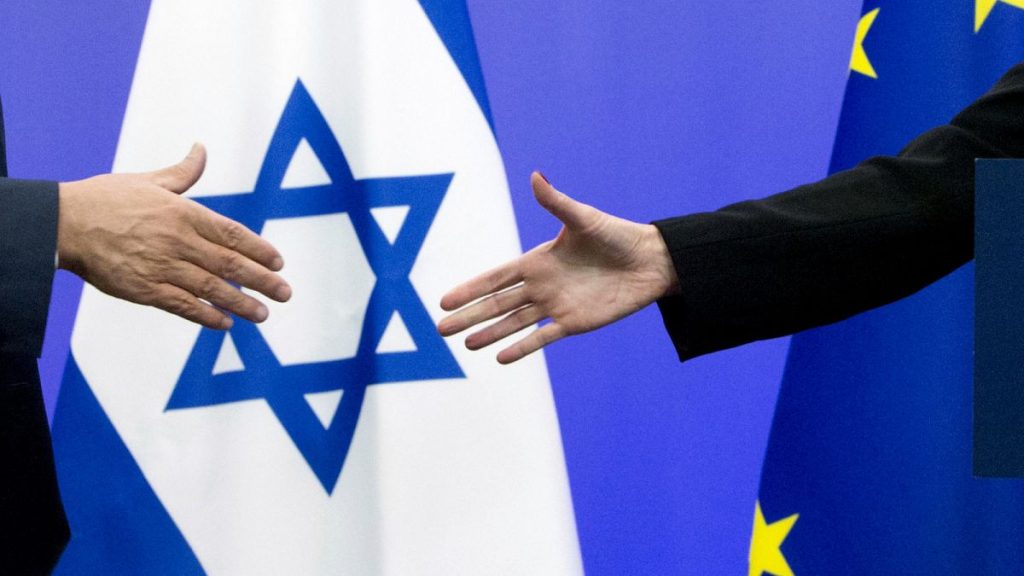The European Union’s foreign affairs chief, Josep Borrell, expressed that the EU faces a challenging decision between supporting the rule of law and standing with Israel in response to the International Court of Justice’s call for Israel to halt its offensive in Rafah. Borrell emphasized the difficulty in reconciling the EU’s support for international institutions and the rule of law with its relationship with Israel. The Hague-based top UN court called on Israel to cease its military offensive in Rafah, citing immediate risks to the Palestinian people. Borrell acknowledged the EU’s slow decision-making process regarding the conflict in Gaza due to conflicting stances among EU member states. He called for a change in the EU’s decision-making process in foreign policy, which currently requires unanimous support from all 27 leaders.
The EU’s response to the war in Gaza has been marred by disagreements among member states, with Hungary notably blocking or delaying key initiatives. Borrell’s speech at the European University Institute event in Florence was interrupted by pro-Palestinian protesters expressing frustration with the EU’s response to the devastation in Gaza. Borrell stated that he understood their concerns and highlighted the need for a more unified response from the EU. Reacting to Israel’s criticism of Spain, Ireland, and Norway’s recognition of the State of Palestine, Borrell firmly rejected claims that recognition equates to supporting terrorism. He reaffirmed that recognition was aimed at bolstering support for the Fatah-led Palestinian Authority as a counter to Hamas, not as a gift to terrorists.
Borrell emphasized that recognition of Palestine does not equate to supporting Hamas, contrary to Israeli accusations. He called out the Israeli government’s claims as unfounded and unacceptable, stating that the recognition was not a gift to Hamas or an expression of anti-Semitism. The EU’s support for the Palestinian Authority is seen as crucial in the establishment of a possible future Palestinian state, with Borrell naming Slovenia as a potential EU member to follow Spain and Ireland’s path in recognizing Palestine. However, some member states believe that recognizing Palestine at the current time could be counterproductive. Borrell’s remarks sought to clarify the EU’s position on the issue and highlight the importance of distinguishing between recognition of Palestine and support for terrorism.
The EU must navigate a complex relationship with Israel while upholding its commitment to the rule of law and international institutions, as highlighted by Borrell’s comments on the ICJ’s ruling on the Rafah offensive. The contentious issue of recognizing Palestine further complicates the situation, with varying opinions among EU member states on the timing and implications of such recognition. The challenges faced by the EU in responding to conflicts in the Middle East underscore the need for improved decision-making processes and unity among member states. Borrell’s statements reflect the balancing act that the EU must maintain in its foreign policy approach to conflicts in the region, emphasizing the importance of clear and principled positions that prioritize peace and stability in the region.


